
Articles on Chemistry
Displaying 1 - 20 of 347 articles

Saturn’s moon Enceladus has geysers shooting tiny grains of ice into space. These grains could hold traces of life − but researchers need the right tools to tell.

Historians are working to shine a light on Alice Ball’s legacy and contributions to an early treatment of a dangerous and stigmatizing disease.

Some tattoo inks contain unlabeled materials that can cause allergic reactions.
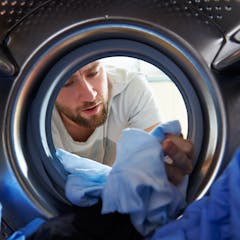
Next time you do your laundry, think like an astronaut – wash your clothes as little as possible.
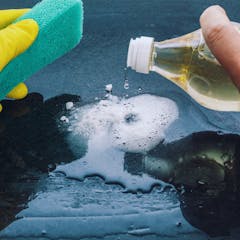
A mix of vinegar and baking soda is a popular DIY cleaner – but it’s really inefficient. A chemist explains why you should reconsider using this fizzy mixture.

Electric vehicles are catching on across the US, but they’re also catching on fire in colder regions like the Northeast and Midwest.
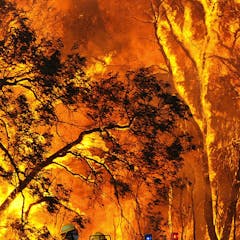
We’re all familiar with fire. But do you really know what it is and how it starts? Here’s the chemistry of fire – and why Australia is so prone to going up in flames.
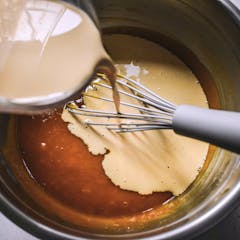
In a pinch, the water from a can of beans can replace eggs. But how does that work, exactly?

The science of smell is an exciting area of research.

The molecules that make micelles are in your dishwashing detergent, your body wash, your shampoo, your toothpaste and even many foods. They are there to help the water interact with the dirt and oils.

Lithium-ion battery fires are becoming increasingly common as electric vehicles spread, and are hard to extinguish. A new approach uses an electrolyte based on a commercial fire extinguisher.
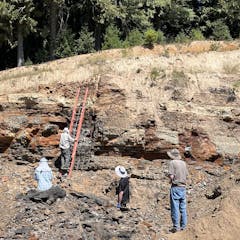
While NASA rovers on the surface of Mars look for hints of life, researchers back on Earth are studying ‘echoes of life’ from ancient basins – hoping that the two sites might be similar.

Each year, hungry plant-eating animals do billions of dollars of damage to valuable plants. We need prevention methods that don’t involve killing them.
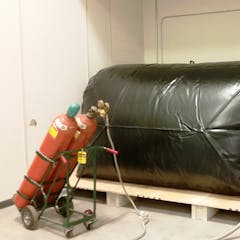
With the fourth significant shortage of helium in a decade continuing, companies and researchers are looking for alternative sources.

Using fingerprints to catch criminals isn’t 100% accurate, but analyzing fingerprints in 3D, rather than 2D, could improve the process.
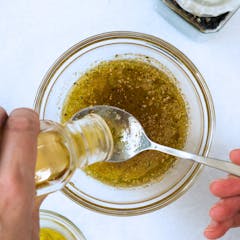
There is a large energy cost to breaking apart and mixing the water and oil layers. The secret to blending them is to add an extra ingredient known as a ‘surfactant’ or emulsifier, like mustard.

Roasting meat sets off a cascade of chemical reactions. With a bit of kitchen chemistry know-how, you can use these reactions to your advantage when you make gravy.
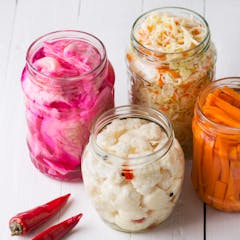
Probiotics are great for your gut, but which sources contain the most beneficial bacteria? Newly developed sensors are helping scientists figure it out.

Scientists analyzing isotope ratios have found that many of the elements that make up life could be left over from Earth’s formation.

They have properties that make them essential for many products.





